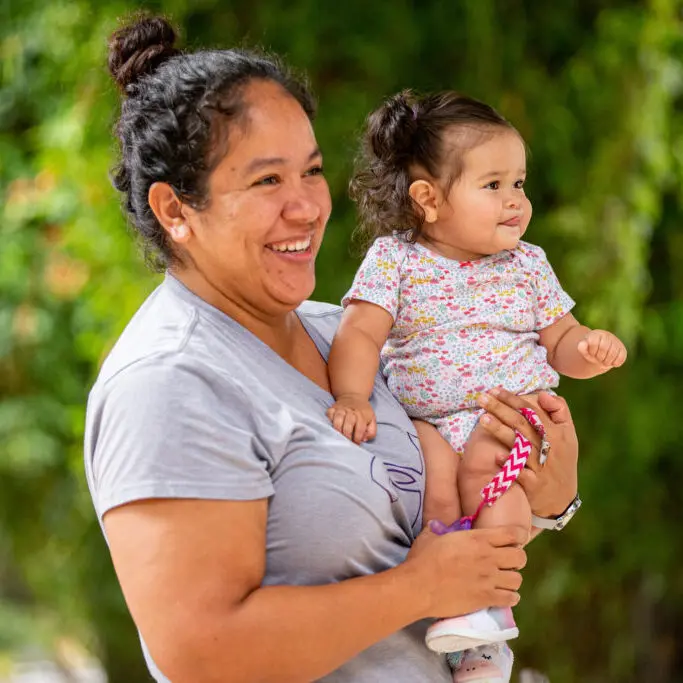The researchers also observed improved responsive feeding practices (i.e., eating when hungry and stopping when full) in the infants who received the Family Spirit Nurture (FSN) program intervention. The study suggests that a home-visiting intervention like this one—particularly one created in partnership with and for Native Americans—is an effective strategy for promoting healthy feeding and growth in a child’s all-important first year.
This kind of brief, cost-effective home intervention also holds promise for other Native American and U.S. communities across the countries. Already, hundreds of tribal communities and four non-Native communities across 21 U.S. states have been trained to deliver the FSN curriculum in their communities, presenting a strong opportunity to change the trajectory of childhood obesity.



